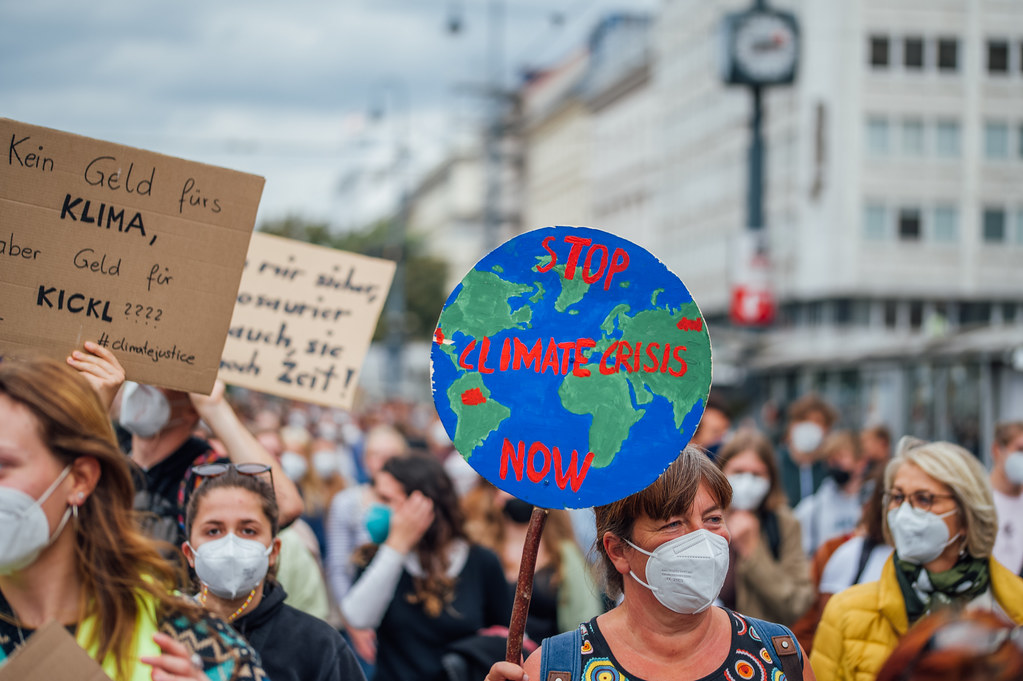
The Looming Catastrophe and the Collective Blindness
The global climate emergency is no longer a distant warning—it is an unfolding catastrophe. Longer heatwaves, recurring cyclones, changing rainfall patterns, and rising sea levels are already reshaping lives across South Asia. A UN report notes that over the past 50 years, 130,000 lives in India have been lost due to extreme weather events. Between 2001 and 2019 alone, more than 20,000 people died from heatwaves—though the real figure is likely much higher.
Despite widespread acknowledgement of anthropogenic (or more precisely, capitalocentric) climate change, the trajectory of global and national policy remains far from adequate. But this article is not yet another lament about melting glaciers or apocalyptic futures. The question, rather, is why we continue to collectively ignore the most immediate, visible, and unequal dimensions of the crisis—those that devastate the working poor and oppressed groups first and hardest.
By “collective”, we do not mean the climate-denying elites—Trump, Shell, Exxon, or Adani—but the rest of us: the progressive forces, social movements, and ordinary citizens who still believe in justice. The global working class and the diverse progressive movements, despite being marginalised, possess immense potential and continue to fight daily for the protection of both people and the planet. Trade unions, peasant movements, civil society groups, independent journalists, and local struggles of fisherfolk, forest-dwellers, and women’s collectives continue to resist. They are not merely struggling to survive; they are fighting for a different future.
Environmentally Disrupted of the World, Unite!
Why, some might ask, single out the climate question when issues like poverty, unemployment, or workers’ rights are equally pressing? The answer lies in the interconnected nature of these crises. Climate change is not a separate issue—it is the terrain where all social contradictions intersect.
While hierarchies of class, caste, gender, and geography determine who suffers most, the planetary scale of the crisis ultimately threatens all forms of life. Even the world’s largest corporate polluters now speak in the language of “net-zero targets” and “ESG commitments.”. Yet, beneath this greenwashed vocabulary lies the same logic of accumulation that produced the crisis in the first place. The market that destroyed the planet is now presented as its saviour.
What we face is not just an ecological breakdown but a crisis for capitalist civilisation itself. To address it requires connecting the macro questions of ecological collapse with the micro realities of everyday life. This means understanding how the climate emergency is, at its core, a working-class question.
Climate as a Working-Class Question
At the micro level, the evidence is everywhere. A small farmer in rural India struggles with erratic monsoons, declining yields, and unpredictable seasons. Climate stress pushes them to adopt expensive new techniques or to abandon agriculture altogether. The street vendor or construction worker in a city must stop working during heatwaves, losing daily wages with no safety net. Delivery riders in the gig economy, exposed to extreme temperatures, continue working long hours without access to rest, health insurance, or paid breaks.
India’s vast informal workforce—nearly 90% of all employment—is bearing the brunt of this ecological destabilisation. Heat, floods, and pollution are not abstract threats for them; they are daily realities that destroy income, health, and dignity.
At the macro level, the contradictions of India’s “green transition” are equally stark. People hail the government’s plan to achieve 500 GW of renewable capacity by 2030 as a national triumph. But behind the headlines lies a darker story. In states like Tamil Nadu and Gujarat, large-scale solar projects have acquired fertile agricultural land and grazing commons without proper consultation. Pastoral and farming communities have lost ancestral lands, livelihoods, and grazing routes—all in the name of sustainability.
Meanwhile, the much-celebrated “green jobs” sector often mirrors the same exploitative structures it claims to replace. At India’s massive Khavda solar project in Gujarat, thousands of migrant workers endure 12-hour shifts in searing desert conditions, earning barely ₹900 a day, with erratic payments and no formal recognition as skilled labour. The renewable energy sector officially boasts over a million jobs, yet most are informal, temporary, and unsafe.
The irony is profound: the labourers who are constructing India’s “green future” find themselves deprived of even the most basic labour law protections. This is not a transition—it is a replication of the old model of extraction and exploitation, now powered by solar panels instead of coal.
Reclaiming Climate Action from Green Capitalism
The ecological crisis reveals the fundamental bankruptcy of neoliberalism. The same model of relentless growth, privatization, and profit-driven development that caused the disaster is now being marketed as its cure. Carbon markets, ESG disclosures, and public-private “green partnerships” are not solutions—they are new frontiers of accumulation, designed to sustain capital rather than life.
To genuinely confront the crisis, we must reclaim climate action as a political and class project. It must be rooted in redistribution, public ownership, and democratic planning, not in the blind faith that the market will self-correct.
Progressive movements must therefore resist the seductions of green capitalism. This means exposing how corporate-led climate strategies—whether carbon trading or “green growth”—reproduce the very inequalities they claim to solve. The urgent task is to build alliances between trade unions, peasant organisations, indigenous struggles, feminist movements, and environmental groups—to act together under the banner of climate justice with class at its core.
Looking Ahead: A Working-Class Ecology
The climate emergency has forced humanity to confront its limits. It also offers an opportunity to imagine a radically different path—one where the defence of the planet is inseparable from the defence of workers and the poor.
A working-class ecology would mean secure and dignified green jobs, community-controlled renewable projects, and democratic ownership of energy resources. It would mean recognising that ecological sustainability and social equality are not competing goals but mutually dependent.
The same capitalist logic that drives inequality drives environmental collapse. Therefore, the fight against exploitation and for ecological survival are inextricably linked.
The message is clear: there is no climate justice without social justice. And there can be no social justice without placing the working class—its struggles, its knowledge, and its priorities—at the very heart of climate action.
Soutrik is a climate policy researcher and has engagements with environmental & political activism.
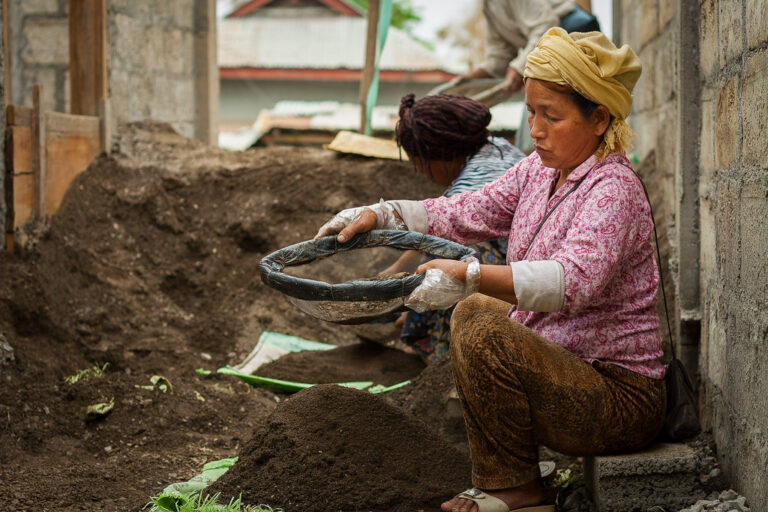

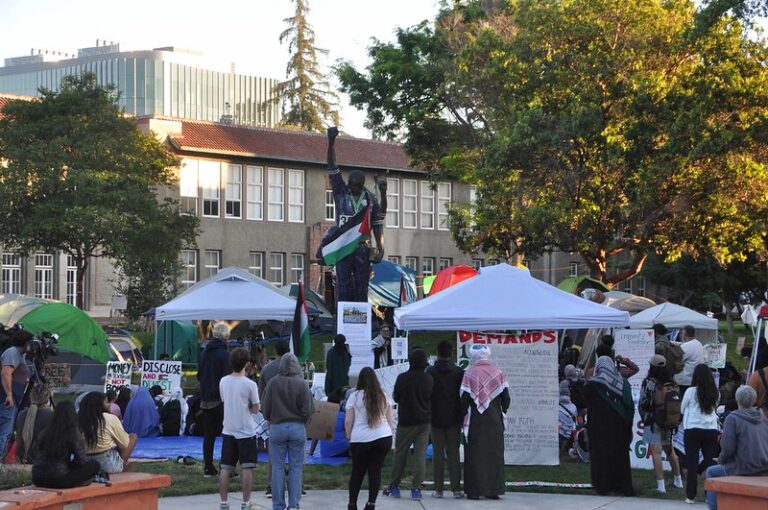
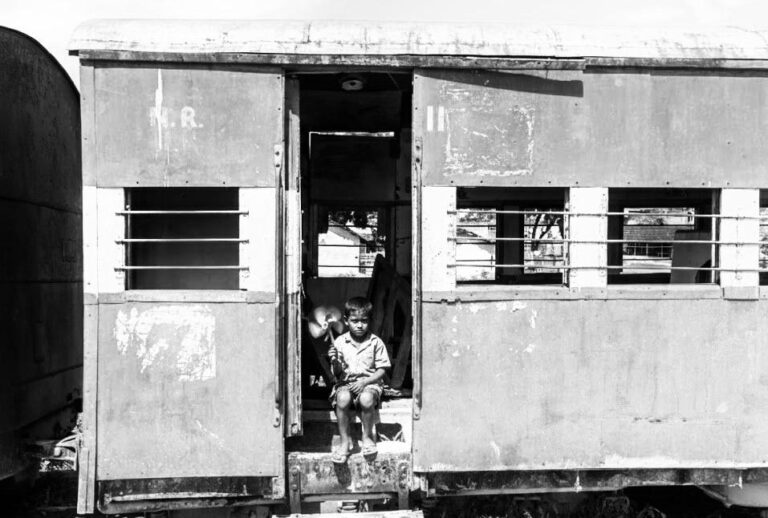
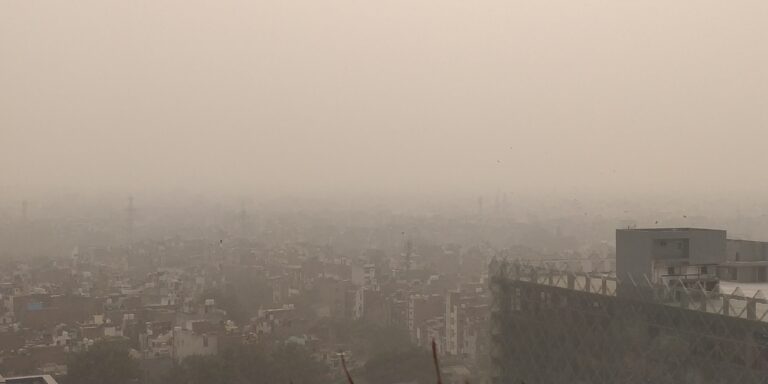
Terrific post however I was wanting to know if you could write a litte more on this topic? I’d be very thankful if you could elaborate a little bit further. Thank you!
Hey there I am so happy I found your web site, I really found you by accident, while I was searching on Google for something else, Nonetheless I am here now and would just like to say thanks for a marvelous post and a all round exciting blog (I also love the theme/design), I don’t have time to browse it all at the minute but I have book-marked it and also added in your RSS feeds, so when I have time I will be back to read a lot more, Please do keep up the excellent work.